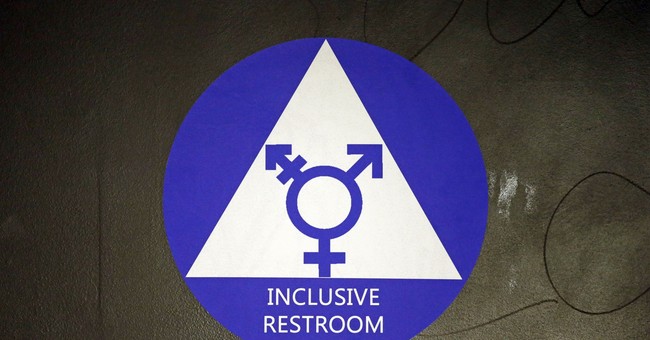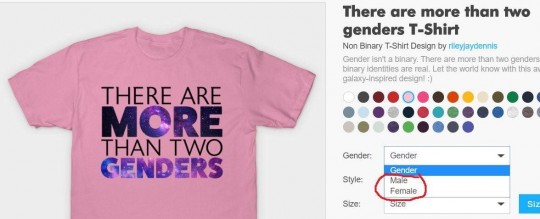Guest Post by Guy Bentley
The gender wage gap is almost none existent in the developed world, according to a Korn Ferry Hay Group analysis of 33 countries around the globe.
The study examined more than eight million employees across dozens of countries and found the pay gap between men and women working in same types of roles, with the same responsibilities, in the same companies was 1.6 percent in favor of men.
The United Arab Emirates was the only exception, with women earning two percent more than their male counterparts. The study attributes the gap to there being fewer women in the labor force with higher levels of education.
The gender wage gap, as described by the White House and progressives, refers to the overall gap between what all men earn and what all women earn. Using this measure, women on average earn 18 percent less than men.
Economists often criticize this measure as it doesn’t account for the different choices men and women make — like having a child — and it does not represent a gap between men and women working the same jobs with the same responsibilities. (RELATED: Equal Pay Day Revisited: Why The Gender Pay Gap Is Still A Myth)
Women make up 40 percent of the global workforce for clerical jobs but only 17 percent of executive roles, according to study.
One of the reasons men earn more on average than women, is they work more hours. According to Mark Perry, economist, and scholar at the American Enterprise Institute, the average male working full-time labored almost two more hours per week in 2014.
Continue reading “Global Study Finds Gender Wage Gap Close To Zero”





